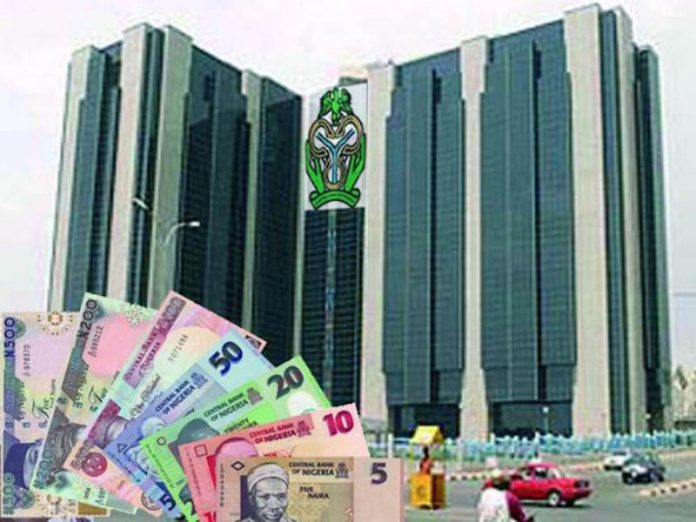By Agency Report
The Association of Bureaux d Change Operators of Nigeria (ABCON) has advised the Central Bank of Nigeria (CBN) to establish a voluntary offshore asset repatriation window to allow more foreign capital inflows into the economy.
Its President, Ahaji (Dr) Aminu Gwadabe, who gave the charge in a statement on Monday, said the proposed policy plan would be a monetary instrument of the apex bank backed by an Act of the National Assembly for non-disclosure of the sources or basis of proceeds of the funds to be repatriated.
The ABCON boss canvassed tougher measures by fiscal and monetary policy makers to keep the forex market and economy going at this extraordinary time ignited by the COVID-19 pandemic.
He said the COVID-19 pandemic has led to drop in crude oil prices and drastic cut in Nigeria’s foreign exchange earnings.
According to him, the proposed window will boost liquidity in the Bureaux De Change (BDCs) sub-sector, Investors’ and Exporters’ (I&E) forex window and help the CBN sustain stability of the exchange rate.
He explained that, the forex window, which differs from the previous Voluntary Offshore Asset Regularization Scheme backed by executive order 008 and tied to taxation, will be an incentive for owners of stashed funds abroad to be given an amnesty to repatriate their foreign cash holding into the window and to be traded at the prevailing rates in those windows.
Besides, owners of such funds should have one year amnesty to participate in the market and should be liable to pay a reduced corporate income tax of 20 per cent.
Gwadabe also advised that naira proceeds from the transactions in that window should be invested in the economy for a maximum of 10 years before it can be allowed to be repatriated back if the need arises.
According to him, the window will boost foreign exchange liquidity and stem the volatility in the market. It will also help in diversifying Nigeria’s foreign exchange earnings, support national planning, enhance backward integration and import substitution policies.
Continuing, Gwadabe said it will lead to reduction in the size of black and informal economy, boost sovereign credit ratings, improve living standards for the people and promote good corporate governance in institutions.
“Going by the dire consequences of COVID-19 on our economic indicators- decline in oil revenue, low tax to Gross Domestic Product (GDP) ratio, increasing budget deficit, declining fiscal buffers and debt servicing challenges, among others, poor revenue problem and falling oil prices despite OPEC oil supply cut and debt rescheduling. These will trigger other macro economic challenges such as high interest rate, low level of investors confidence, shrinking Diaspora remittance inflows and increasing livelihood agitations,” he said.
He said the Nigerian economy outlook, when compared to global economic trends, does not look positive, hence the need to find a turning point or face dire consequences of inaction.
He said that Nigeria is seen by other countries as an oil rich country, and a large part of the budget, exchange rate stability, balance of trade are determined by dwindling oil revenue, hence the need to diversify the economy.
Gwadabe said there was need for both the monetary and fiscal authorities to act fast in ensuring that the impact of COVID-19 pandemic in the economy and businesses is reduced by attracting more foreign capital into the economy through the Voluntary Offshore Asset Repatriation Window which will benefit all players in the economy.













